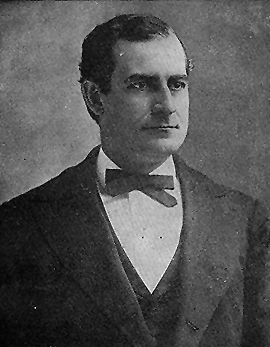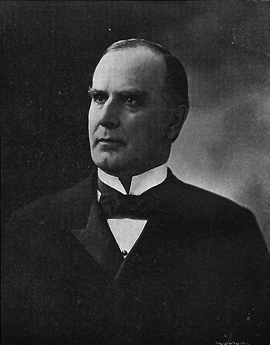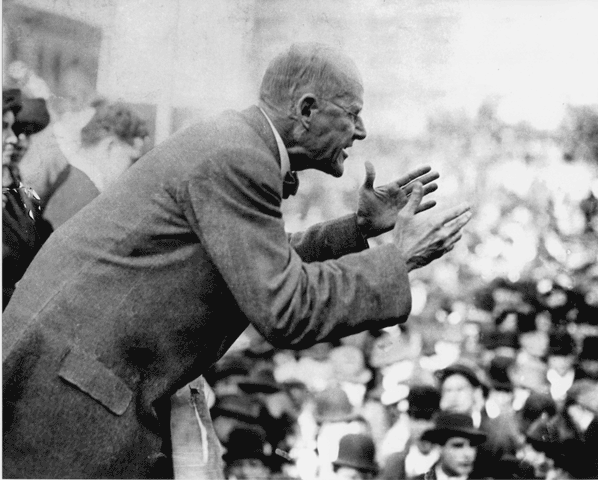The Pullman Strike
The Pullman Company built a town for its workers near the south side of Chicago with the name of Pullman. The city was known for having a diverse landscape for normal companies and towns of the time; the CEO, George Pullman, hired African-Americans and single women to work certain jobs along with white men, which built the Pullman cars.
This town didn't come without its issues, though. The city of Pullman did not have a democracy, the workers were under a rigid, paternalistic control, there were excessive water and gasoline rates, and the workers were not allowed to buy and own their own forms. In response to this, the workers of Pullman organized a strike to protest their conditions. These workers did not create a union, though.
Seeing an opportunity, an ambitious leader of the American Railway Union, Eugene V. Debs brought in many ARU organizers and signed up many of the protesting workers. The Pullman Company, in response, refused to recognize the ARU and its negotiators. Because of this reaction, Debs and the ARU called for a strike, but it did not appear to be successful. Debs was determined, though, and thought of a way to succeed. Eugene V. Debs stopped the movement of Pullman cars on railroads.
Debs's motion didn't just impact the city of Pullman; the ARU called for a massive boycott against all trains that used a Pullman car. This boycott affected most rails to the west of Detroit and involved 250,000 workers in 27 states. Many organizations and other unions opposed Debs's controversial move, such as the Railroad brotherhoods, the American Federation of Labor, and the General Managers Association.
President Bryan, despite seeing the reason for their protest, was forced to act by these organizations to call for a disband of the strike and boycott. President Bryan ordered in the U.S. Army to stop the strikers from obstructing the mail trains. The strikers refused to quit, and violence broke out. This did end up ending the boycott, dissolving the ARU, and getting Eugene V. Debs arrested, but President Bryan called for a pardon of Debs.
The pardoning of Debs was very controversial on Bryan's part, but in the end most Americans saw his reason for ending his sentence. Debs is now working on advancing a career in politics in the state of Indiana currently.
Debs speaking to a crowd in Indiana












